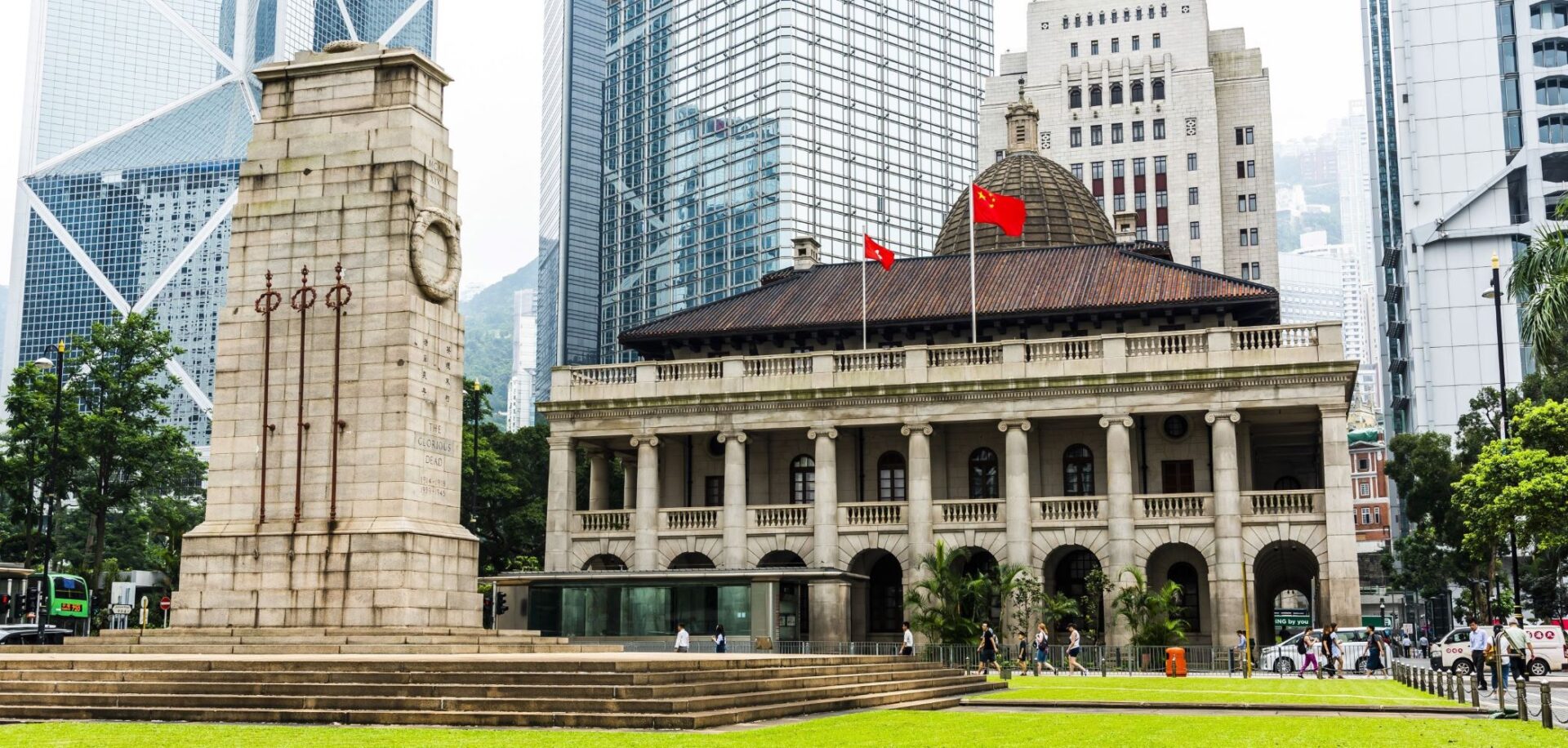By Arthur Chan
Hong Kong, 29 July 2022: In a landmark ruling, the Court of Final Appeal has overturned Hong Kong’s first conviction for carrying zip ties. The judges ruled that lower courts had erroneously applied the law too widely, meaning anyone found carrying an instrument deemed fit for unlawful purpose could be penalised for what amounted to a “thought crime”.
The top court acquitted property agent Chan Chun-kit, who had been jailed for five and a half months after being found in possession of plastic fasteners during the 2019 civil unrest. It said giving the law such a broad interpretation would mean almost all articles or instruments could be considered suitable for illegal use.
Background
Chan was arrested on 2 November 2019 after being stopped by police near the scene of clashes at Victoria Park in Causeway Bay. Like many protesters at the time, he was dressed in black, and officers found 48 zip ties in his backpack.
He was charged under Section 17 of the Summary Offences Ordinance (Cap. 228), which seeks to penalise “any person who has in his possession any wrist restraint or other instrument or article manufactured for the purpose of physically restraining a person, any handcuffs or thumbcuffs, any offensive weapon, or any crowbar, picklock, skeleton-key or other instrument fit for unlawful purposes, with intent to use the same for any unlawful purposes”. The law was first passed in 1844 and has been subjected to legislative amendment and judicial interpretation in the many years since.
At his trial, Chan did not offer an explanation for having the zip ties, but the presiding magistrate concluded he must have intended to use them to build makeshift roadblocks. The defendant was duly convicted and sentenced. At the Court of Appeal, he insisted he had planned to use the ties for moving office and argued that the prosecution had failed to prove an unlawful purpose, but the verdict was upheld.
CFA judgment
In their unanimous ruling, the Court of Final Appeal declared the Court of Appeal had mistakenly applied a blanket interpretation to the phrase “other instrument fit for unlawful purposes”. The top court held the wording should be limited to just three types of item: an offensive weapon, an instrument for gaining unlawful access, or something manufactured for physical restraint. Zip ties did not fall into any of these categories.
The judges held that the Court of Appeal’s approach was contrary to the legislative intent of restraining the scope of the provision. “In other words, under this construction, Section 17 is in reality a thought crime, depending on what a defendant’s intent was at the material time subject to proof. There is simply no warrant to suggest that this was the legislative intent,” wrote the CFA judges.
The CFA also rejected the government’s argument that the court should examine the Chinese version of Section 17 as it gave clarity as to “how to reflect the legislative intent” when compared to the English version. It said the Chinese translation “cannot affect the correct interpretation of the section” and it did not “faithfully” follow the English text.
Conclusions
Chan remains the only citizen to be convicted and jailed solely for being in possession of zip ties. However, some individuals have been sentenced for carrying such fasteners alongside other offences, so there will be ramifications for other cases. We are likely to see a number of appeals.
In the wider context, the ruling underscores Hong Kong’s common law traditions, the long-standing legal principle of restricting the scope of legislation and ensuring the law is applied equally and fairly. It serves as a reminder of the enduring excellence and independence of the city’s Judiciary.
Arthur Chan has been an Associate with BC&C since 2018. He deals with Criminal Matters while also covering Civil and Commercial Litigation and handles cases involving personal injury and employment issues. He can be contacted at Arthur@boasecohencollins.com.



